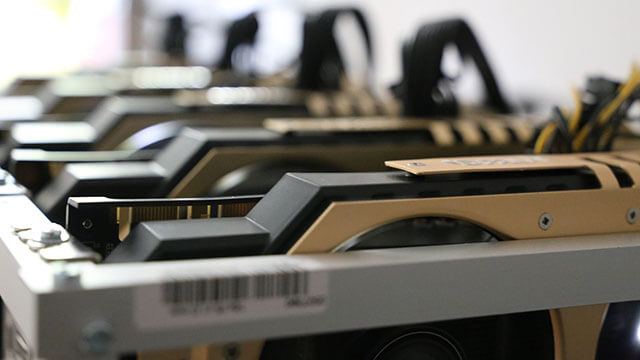Russia is taking significant steps to establish Bitcoin mining and AI computing facilities within the BRICS nations, which may prompt other countries to leverage their state-owned resources for cryptocurrency mining. As emerging economies grapple with underutilized energy, there is a growing trend to explore Bitcoin mining as a means to generate revenue.
At a recent BRICS Business Forum in Moscow, a partnership was announced between Russia’s sovereign wealth fund and BitRiver, a local data center operator, aimed at developing these facilities. This initiative could potentially facilitate international trade settlements in Bitcoin , offering an alternative to traditional local currencies and gold -backed currency systems.
The BRICS group, initially composed of Brazil, Russia, India, China, and South Africa, has significantly expanded to include Egypt, Iran, Saudi Arabia, Argentina, Ethiopia, and the United Arab Emirates as of 2024. Together, these nations possess a collective gross domestic product that surpasses that of the G7 countries, which are primarily led by the United States, Japan, and Germany.
Despite the strategic implications of this development, attention within the cryptocurrency sector remains largely focused on the U.S. political landscape. Analysts suggest that countries outside the U.S. are increasingly motivated to explore alternatives to the current fiscal policies in place, with some members of BRICS, such as Argentina, Ethiopia, and the UAE, already utilizing state resources for Bitcoin mining ventures.
Experts predict that Russia’s plans may enhance geopolitical influence by expanding its reach in areas with limited IT infrastructure, thus aligning with its foreign policy goals within BRICS. Furthermore, this shift could bolster Bitcoin ’s network as a significant portion of its hashrate is currently concentrated in the U.S., creating a more distributed mining landscape.
On November 1, Russia is set to lift its Bitcoin mining ban, although this comes with regulations requiring miners to register with the Federal Tax Registry. However, challenges remain, as rising electricity costs and the depreciation of the ruble threaten the viability of mining operations in the region.
